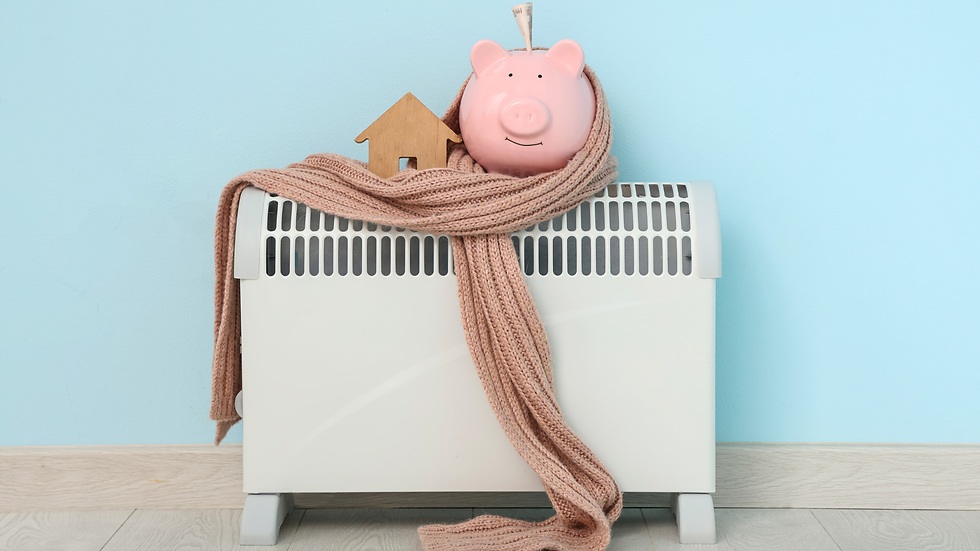Summer Sprinkler Savvy: Tips for Efficient Lawn Watering
- daltonjodrey
- Jun 10, 2024
- 2 min read
Updated: Sep 2, 2025
As summer approaches, keeping your lawn green and healthy becomes a top priority. However, with water conservation becoming increasingly important, it's essential to use your sprinkler system wisely. In this comprehensive guide, we'll explore how to optimize your sprinkler system for summer, ensuring your lawn stays lush while minimizing water waste.

Understanding Your Sprinkler System
Before diving into optimization tips, it's crucial to understand how your sprinkler system works. Most systems consist of a network of pipes with sprinkler heads that distribute water across your lawn. Some systems are manual, requiring you to turn them on and off, while others are automated, using timers to water your lawn at specific times.
Optimizing Sprinkler Placement
One of the key factors in efficient lawn watering is proper sprinkler placement. Ensure that each sprinkler head covers its designated area without overlapping onto sidewalks or driveways. Adjust the angle and height of the sprinkler heads to minimize water drift caused by wind.
Utilizing Smart Irrigation Technology
Consider upgrading to a smart irrigation system that uses weather data to adjust watering schedules. These systems can detect rainfall and adjust watering times accordingly, preventing overwatering.
Implementing Water-Saving Practices
In addition to smart technology, there are several water-saving practices you can implement to reduce water waste. Consider using a rain sensor to prevent your sprinklers from running during rainy periods. Additionally, watering during the early morning or late evening can reduce evaporation, ensuring more water reaches your lawn's roots.
Maintaining Your Sprinkler System
Regular maintenance is essential to keep your sprinkler system operating efficiently. Inspect your system regularly for leaks, clogs, or damaged sprinkler heads. Adjust the sprinkler heads as needed to ensure even coverage.
Adjusting Sprinkler Times for Seasonal Changes
During the summer months, your lawn's water needs may change due to increased heat and evaporation. Be prepared to adjust your sprinkler system's watering schedule to accommodate these changes.
Ensuring Proper Watering Techniques
Proper watering techniques can make a significant difference in the health of your lawn. Water deeply and infrequently to encourage deep root growth and drought tolerance. Avoid frequent, shallow watering, which can lead to shallow root systems and increased susceptibility to drought.
Conserving Water with Mulch and Drip Irrigation
Using mulch around your plants can help retain moisture in the soil, reducing the need for frequent watering. Drip irrigation systems deliver water directly to the root zone of plants, minimizing water waste through evaporation or runoff.
Creating a Water-Efficient Landscape Design
Consider incorporating water-efficient landscaping practices into your lawn design. Choose native plants that are well-adapted to your climate and require less water. Grouping plants with similar water needs together can also help reduce water waste.
By following these tips, you can ensure your lawn stays green and healthy throughout the summer while minimizing water waste. Implementing smart irrigation technology, proper sprinkler placement, and water-saving practices will not only benefit your lawn but also the environment.




Comments